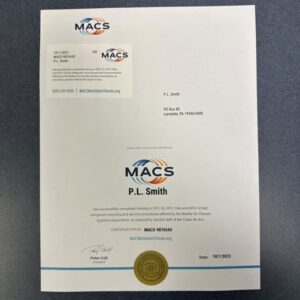
Get Your Macs Certification | Apple Skills Certified
This credential validates an individual’s competency in mobile air conditioning systems. It demonstrates a technician’s understanding of system operation, diagnostics, and repair procedures for vehicular climate control. For…
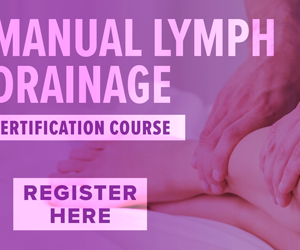
Get Your Lymphatic Drainage Certification Online!
The attainment of credentials related to lymphatic drainage signifies a professional’s successful completion of a program designed to impart the knowledge and skills necessary to perform manual lymphatic…

Get Your Low Voltage Certification | Online & Fast
Verification of adherence to safety standards for electrical equipment operating within specified voltage limits is a critical process. This validation confirms that devices and systems pose minimal risk…
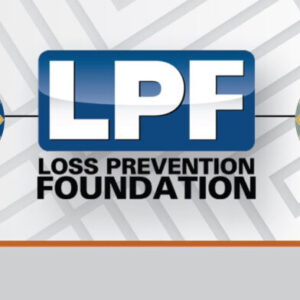
Get Your Loss Prevention Certification: Earn More
This credential represents a formal recognition of an individual’s competence in safeguarding assets and mitigating risks within a retail or organizational environment. Successful completion of a program, often…
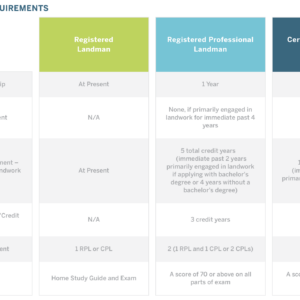
Landman Certification Online: Boost Your Career Now!
The acquisition of credentials for petroleum land management professionals via internet-based educational platforms represents a significant shift in industry training. This method allows individuals to demonstrate proficiency in…
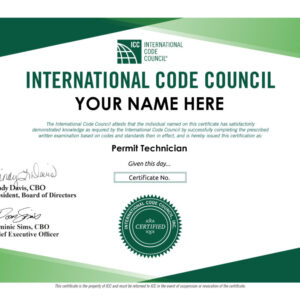
Get ICC Permit Technician Certification | Prep & Pass
This credential signifies an individual’s competence in processing and managing construction permits. The International Code Council (ICC) offers this certification, validating expertise in areas such as plan review…

NetSuite Certification Cost: Is It Worth It?
The expense associated with validating NetSuite proficiency through official channels is a key consideration for professionals and organizations. This financial outlay represents the investment required to demonstrate mastery…
Get GNA Certification: Your Expert Guide!
This credential signifies successful completion of a specialized training program focused on geriatric nursing. It demonstrates a professional’s acquired knowledge and competency in providing care for elderly individuals….
Easy Online: Get Physician Cert for Your Marijuana Card
The ability to secure a recommendation from a medical professional allowing for legal access to cannabis without cost is a sought-after objective for individuals seeking therapeutic relief. Such…
Easy Marijuana Certifications: Get Yours Free Now!
The pursuit of credentials related to cannabis, specifically without financial investment, represents a growing area of interest. Certain individuals seek to acquire recognized qualifications pertaining to cannabis-related fields,…